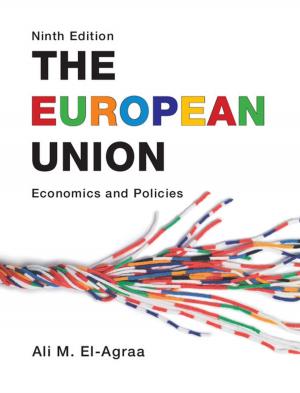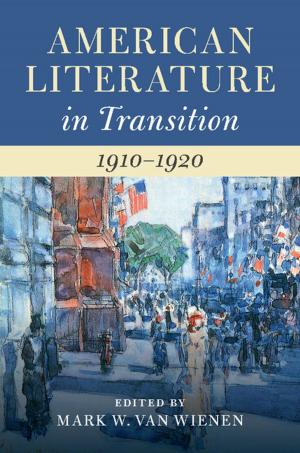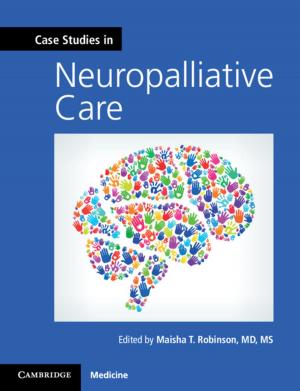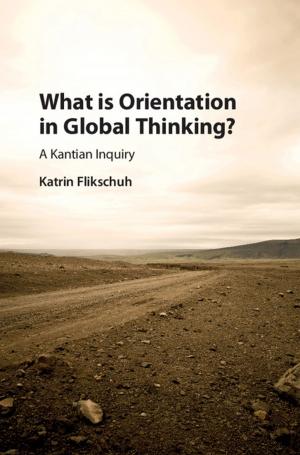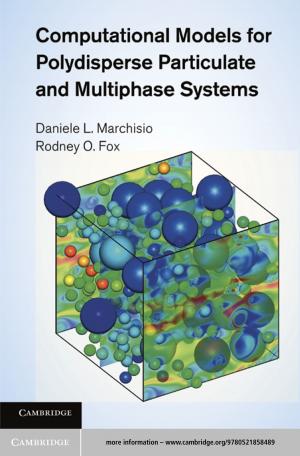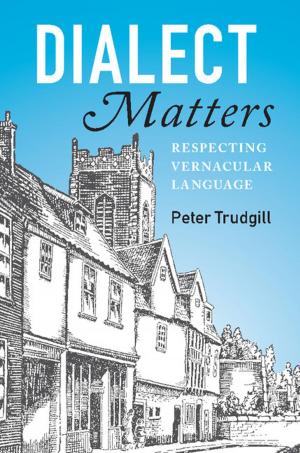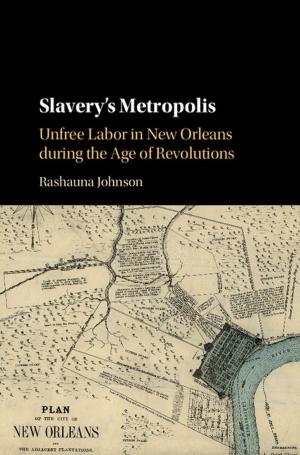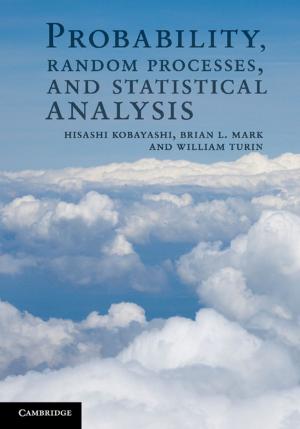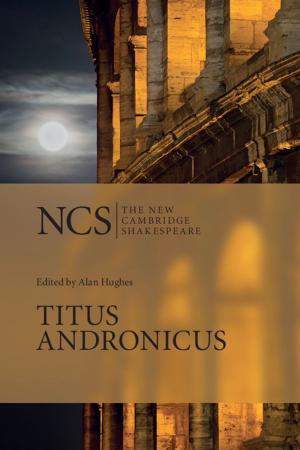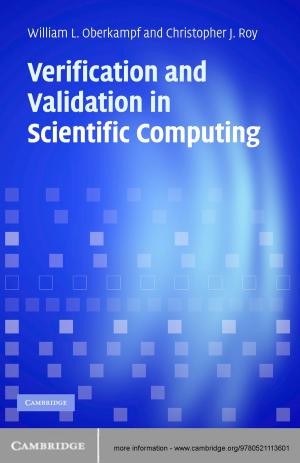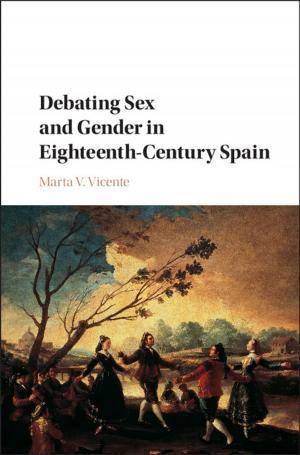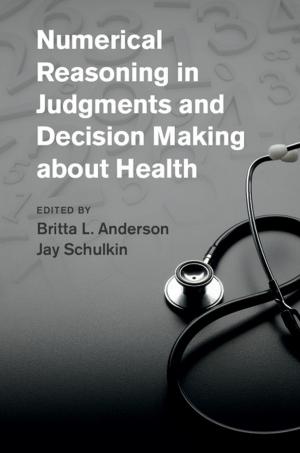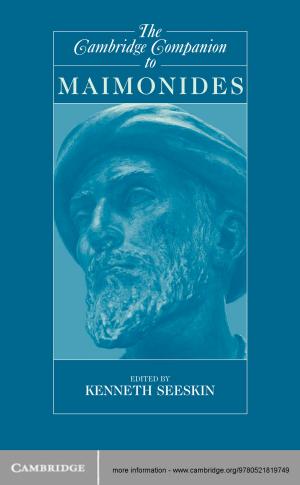Godly Kingship in Restoration England
The Politics of The Royal Supremacy, 1660–1688
Nonfiction, History, British, Religion & Spirituality| Author: | Jacqueline Rose | ISBN: | 9781139097758 |
| Publisher: | Cambridge University Press | Publication: | July 21, 2011 |
| Imprint: | Cambridge University Press | Language: | English |
| Author: | Jacqueline Rose |
| ISBN: | 9781139097758 |
| Publisher: | Cambridge University Press |
| Publication: | July 21, 2011 |
| Imprint: | Cambridge University Press |
| Language: | English |
The position of English monarchs as supreme governors of the Church of England profoundly affected early modern politics and religion. This innovative book explores how tensions in church-state relations created by Henry VIII's Reformation continued to influence relationships between the crown, Parliament and common law during the Restoration, a distinct phase in England's 'long Reformation'. Debates about the powers of kings and parliaments, the treatment of Dissenters and emerging concepts of toleration were viewed through a Reformation prism where legitimacy depended on godly status. This book discusses how the institutional, legal and ideological framework of supremacy perpetuated the language of godly kingship after 1660 and how supremacy was complicated by the ambivalent Tudor legacy. It was manipulated by not only Anglicans, but also tolerant kings and intolerant parliaments, Catholics, Dissenters and radicals like Thomas Hobbes. Invented to uphold the religious and political establishments, supremacy paradoxically ended up subverting them.
The position of English monarchs as supreme governors of the Church of England profoundly affected early modern politics and religion. This innovative book explores how tensions in church-state relations created by Henry VIII's Reformation continued to influence relationships between the crown, Parliament and common law during the Restoration, a distinct phase in England's 'long Reformation'. Debates about the powers of kings and parliaments, the treatment of Dissenters and emerging concepts of toleration were viewed through a Reformation prism where legitimacy depended on godly status. This book discusses how the institutional, legal and ideological framework of supremacy perpetuated the language of godly kingship after 1660 and how supremacy was complicated by the ambivalent Tudor legacy. It was manipulated by not only Anglicans, but also tolerant kings and intolerant parliaments, Catholics, Dissenters and radicals like Thomas Hobbes. Invented to uphold the religious and political establishments, supremacy paradoxically ended up subverting them.


